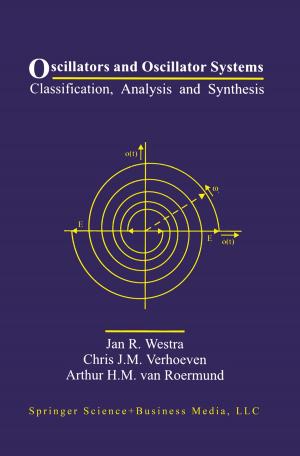Patent Law for the Nonlawyer
A Guide for the Engineer, Technologist, and Manager
Kids, Natural World, Nonfiction, Reference & Language, Education & Teaching, Science & Nature, Science| Author: | Burton A. Amernick | ISBN: | 9781468478297 |
| Publisher: | Springer US | Publication: | December 6, 2012 |
| Imprint: | Springer | Language: | English |
| Author: | Burton A. Amernick |
| ISBN: | 9781468478297 |
| Publisher: | Springer US |
| Publication: | December 6, 2012 |
| Imprint: | Springer |
| Language: | English |
The primary purpose of the first edition of this book was to provide inventors and those who manage technology with sufficient understanding of the patent system to permit them to make use of it with the greatest possible degree of comfort. From the comments that I have received from readers of the first edition, it seems that this purpose was achieved to an appreciable extent. In fact, the audience for the book went beyond this and has been of use to those entering the patent profession and general attorneys who have technology-based clientele. This second edition discusses important changes in the law since the first, including the enactment of new laws as well as new insights into or inter pretations of already existing statutes. Along with updating material, I have expanded certain discussions including more examples to illustrate some of the more complex issues covered. In writing this book, I have tried not to lose sight of the underlying philosophy of the patent laws as expressed in ARTICLE 1, SECTION 8 of the United States Constitution: The Congress shall have the power to promote the sciences and useful arts, by securing for limited time to authors and inventors the exclusive right to their respective writings and discoveries. Encouragement of communication between an inventor and the general public is, therefore, the primary purpose and objective of the patent laws.
The primary purpose of the first edition of this book was to provide inventors and those who manage technology with sufficient understanding of the patent system to permit them to make use of it with the greatest possible degree of comfort. From the comments that I have received from readers of the first edition, it seems that this purpose was achieved to an appreciable extent. In fact, the audience for the book went beyond this and has been of use to those entering the patent profession and general attorneys who have technology-based clientele. This second edition discusses important changes in the law since the first, including the enactment of new laws as well as new insights into or inter pretations of already existing statutes. Along with updating material, I have expanded certain discussions including more examples to illustrate some of the more complex issues covered. In writing this book, I have tried not to lose sight of the underlying philosophy of the patent laws as expressed in ARTICLE 1, SECTION 8 of the United States Constitution: The Congress shall have the power to promote the sciences and useful arts, by securing for limited time to authors and inventors the exclusive right to their respective writings and discoveries. Encouragement of communication between an inventor and the general public is, therefore, the primary purpose and objective of the patent laws.















